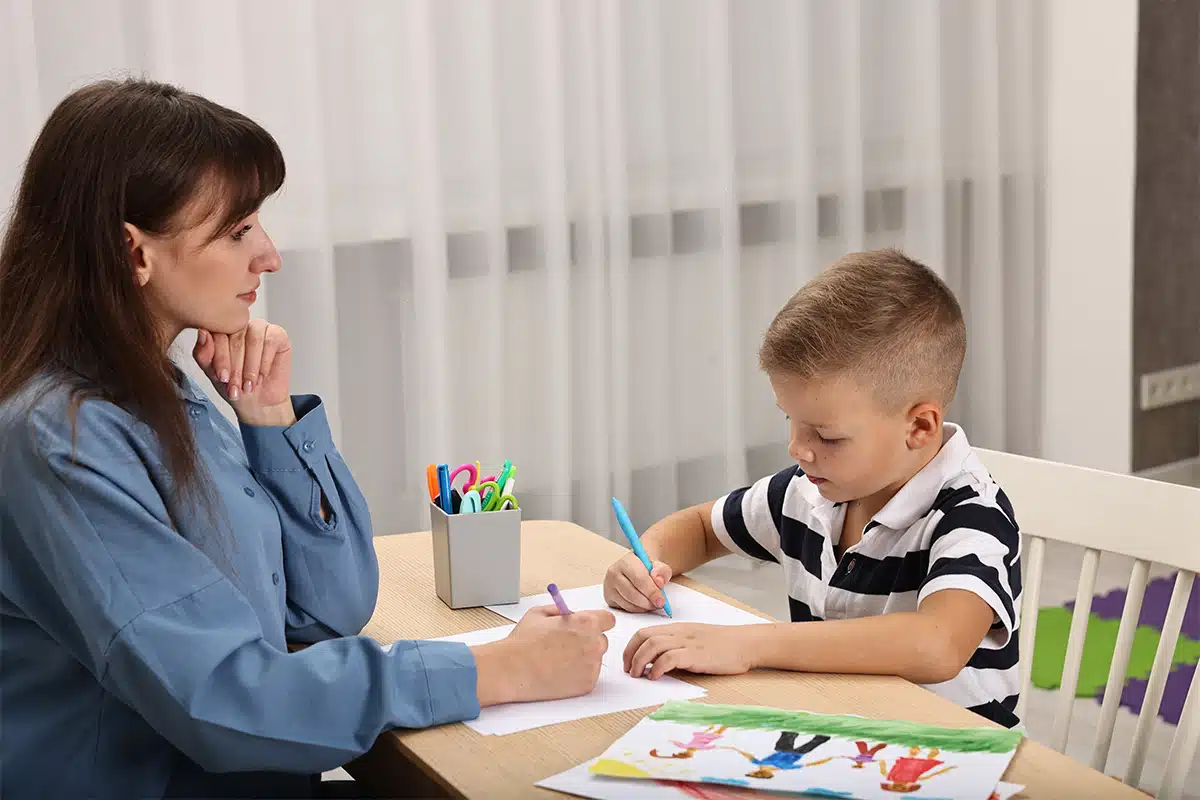
What ADHD Really Feels Like: A Day in the Life of a Distracted Mind
Step inside a child’s mind with ADHD to understand their daily struggles, challenges, and hopes—told with compassion and insight.

When a child is diagnosed with ADHD or autism, the focus often shifts immediately to managing struggles such as impulsivity, sensory sensitivities, attention difficulties and social challenges. And while understanding those hurdles is essential, what is often overlooked are the incredible strengths that come hand-in-hand with these diagnoses.
At Pediatric Consultations, we believe in a whole-child approach. That means helping children and their families navigate challenges, but we also help with identifying and celebrating what makes each child exceptional.
The way we talk about a diagnosis matters. For children, especially, labels can shape identity. Instead of saying, “My child is disruptive,” imagine saying, “My child thinks quickly and is full of energy.” Instead of “She struggles to make friends,” try, “She’s observant and deeply focused when she connects with someone.”
This is not about ignoring challenges, it is about balancing the picture. Every child deserves to see themselves as more than a list of symptoms.
Children with ADHD and autism often exhibit characteristics that are, in the right environment, powerful strengths:
Nurturing strengths does not happen by accident. It takes intentionality at home, at school, and in the community. Here are some key ways caregivers and educators can foster a strength-based environment:
We often tell families that their child’s brain works differently, not incorrectly. That difference, when embraced and supported, can lead to extraordinary growth.
At Pediatric Consultations, we are here not just to manage diagnoses but to help children thrive. Every child we meet brings something remarkable to the table. Our job (and our joy) is to help them discover it. If your child has been diagnosed with ADHD, autism, or both, and you are wondering how to support their growth, development and self-esteem, we would love to talk. Let’s work together to turn the focus from what is hard to what is possible.

Step inside a child’s mind with ADHD to understand their daily struggles, challenges, and hopes—told with compassion and insight.

Youth sports injuries can affect more than the body. They also impact mental health. Here is how to support full recovery.

Due to a sudden serious and ongoing medical issue, Dr. Peter Halas has closed his Pediatric Consultations practice.
Dr. Halas is deeply grateful for the trust, kindness and connection shared with patients and families throughout the years. It has been an honor to care for your children and to be part of your lives.
For any ongoing medical needs or referrals, please contact your primary care provider. Dr. Halas wishes each of you continued health and happiness.